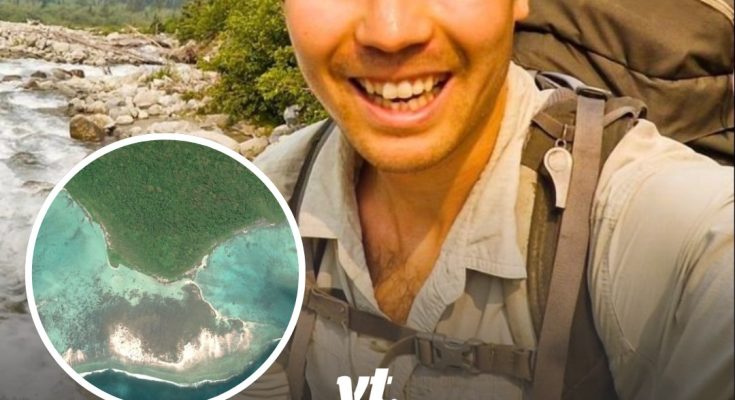John Allen Chau’s death as he attempted to contact a “dangerous” tribe on a forbidden island is a story that now serves as a warning to others.
Chau’s upbringing in Vancouver, Washington, reflected his strong Christian faith and love of adventure.
He was raised by a Chinese father and an American mother, with two siblings, in a household where both outdoor activities and religion were central, per the Guardian.
He attended a small Christian high school and was an overachiever, excelling in extracurricular activities and earning a prestigious award from the Royal Rangers, a Pentecostal scouting organization.
During a mission trip to Mexico in high school, Chau spoke passionately about the need to defend the Christian faith in the face of opposition.
“We can’t be lukewarm,” he told his peers. “We need to know how to defend our faith.”
This enthusiasm carried into adulthood, where he drew inspiration from missionary heroes like David Livingstone and Bruce Olson, who had worked with isolated tribes in South America.
Fascinated by the idea of bringing others into his faith, Chau turned his attention to the isolated Sentinelese tribe.
Chau first learned about the Sentinelese during high school, through a missionary database called the Joshua Project.
The website described them as “extremely isolated” and suggested praying for the Indian government to allow Christians to “earn the trust” of the tribe and live among them.
The entry fueled his desire to bring Christianity to the remote tribe.
As reported by the Daily Mail, Chau paid a group of fishermen to take him to North Sentinel Island, a secluded territory in India’s Andaman Islands.
Despite being fully aware of the dangers, Chau was determined to carry out what he believed was his divine mission to spread Christianity to the indigenous people.
Neil MacLeod, a friend who met Chau on a flight from London to Phoenix in 2015, told The Mail that Chau had been planning this mission for a long time.
“I saw him reading some Christian literature and I’m a Christian, so we started talking,” MacLeod recalled. “He mentioned that he wanted to go to these islands, the islands where he has now died.
“He recognized the dangers of traveling there, but I think he had a sense of call,” MacLeod added, stressing the missionary’s steadfast commitment to his faith-driven mission.
Chau’s mission came to a fatal end when he set foot on the forbidden island.

Upon his arrival, the Sentinelese, known for their fierce resistance to outsiders, attacked him with arrows.
He continued his efforts but was eventually killed by the tribe, who reportedly tied a rope around his neck and dragged his body away.
Indian authorities responded swiftly, arresting seven fishermen who had assisted Chau in his ill-fated expedition.
The incident has also brought attention to the broader issue of protecting the rights and territories of isolated tribes.
Advocacy group Survival International criticized the recent easing of restrictions on visiting North Sentinel Island, suggesting that it may have contributed to the tragic outcome.
While some view him as a martyr, others see his actions as reckless and harmful.



